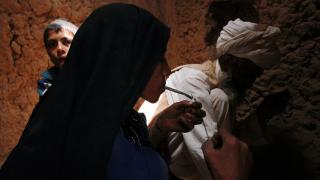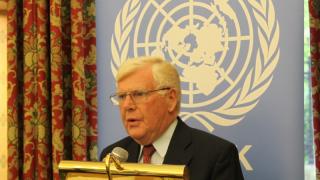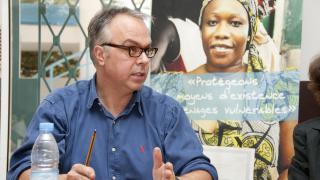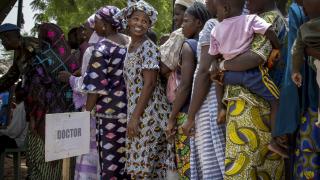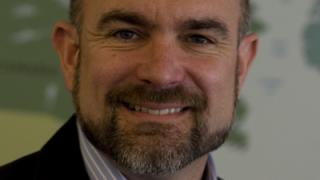
I have long believed that education and health are the two sectors most likely to deliver a multiplier effect from international development efforts. While slow in producing results for the short term, they raise the capacity of people to improve the quality of life in their own communities. They are also sectors where NGOs and foundations have a good achievement record, though the problem of delivering at scale remains.
This edition of New World majors on health, with articles on a number of important aspects of the sector. I have an abiding interest in the provision of better basic healthcare to poorer communities and in the raising of standards of practice in local clinics. This stems partly from a sense of the obvious requirement, but also from an appreciation of what my father-in-law, an orthopaedic surgeon by training but for a while a colonial General Surgeon, was able to achieve in Tanzania in the 1950s and 60s and later in the New Hebrides (now Vanuatu).
He ran clinics in a number of stations in a 14-year stint, determined to instil fundamental good practice and hygiene, insistent on passing skills on to the Africans he worked with and committed to eradicating leprosy in his area. Access to treatment for resolvable medical problems saves innumerable lives, bolsters thriving communities and raises living standards. What one man could accomplish (in the days when a Briton was welcome in such an activity) could be replicated a million times if properly organised in the modern context.
The provision of healthcare is nonetheless a very political business. Health systems in every country are largely centralised, because they cost a lot and affect the image of governments. Both donor institutions and NGOs have to work through health ministries to deliver programmes, which means getting caught up in awkward bureaucracy, contentious politics or both.
The World Health Organization has been working hard on the global level to persuade governments to support, and then to assist them in delivering, universal health coverage (UHC). The provision of good basic healthcare is popular, and therefore something that any government should welcome. At the local level, where the intrusion of outside agencies may be resisted, smaller NGOs or local projects supported by businesses or foundations can work wonders in raising standards.
An organised division of roles between public and private sectors in this respect should be a natural way forward, and yet such cooperation is still, after seven decades of international development experience, too rarely attempted. NGOs, UN agencies and governments need to temper their dislike of working closely together in such areas, and must be prepared to cooperate with each other more extensively in establishing accessible and competent clinics for the whole population.
I am not saying that headline initiatives such as the eradication of polio and malaria, the treatment of HIV/AIDS and the improvement of maternal and infant care should be downgraded. The aim is to realise ways of attaining UHC, something that ought to be agreed in the UN’s next set of development goals. It is a goal much easier to express than to meet, but one in all our interests to afford and achieve. It is now time to make prosaic, everyday healthcare a headline issue, and see how its achievement will benefit both national economies and political cohesion in the emerging world.





